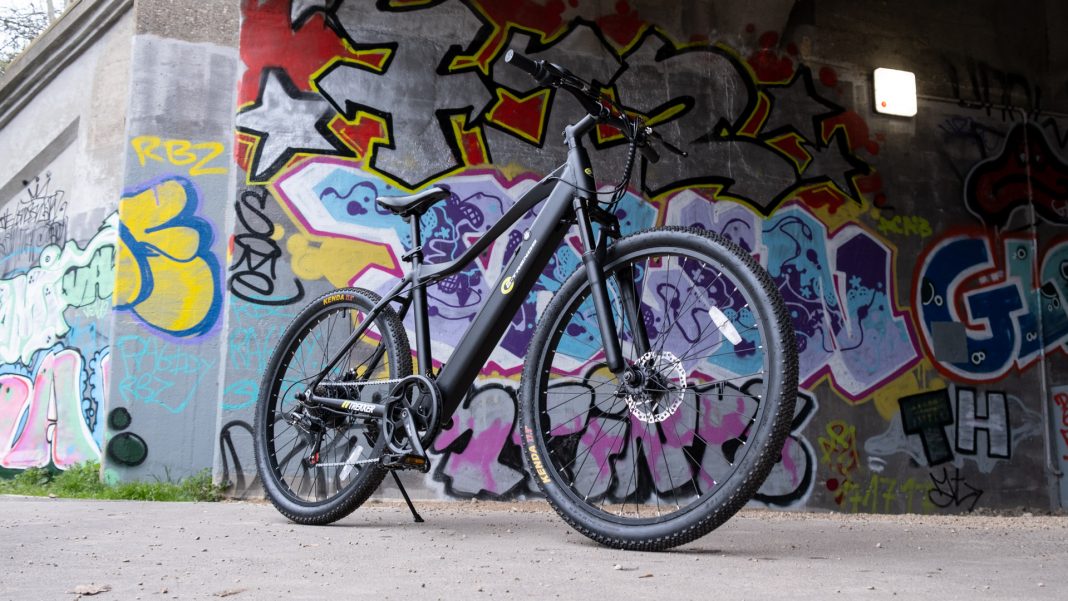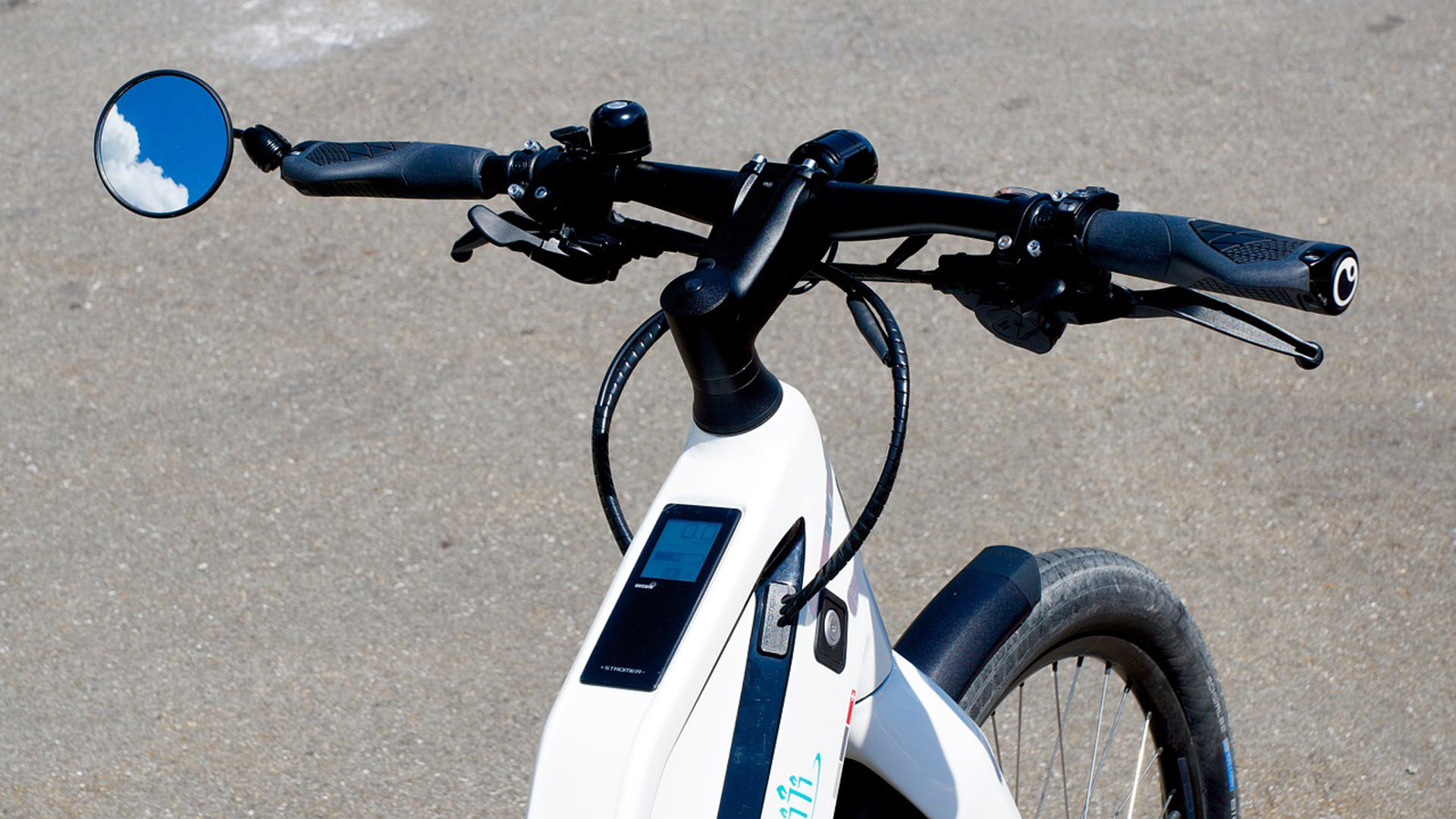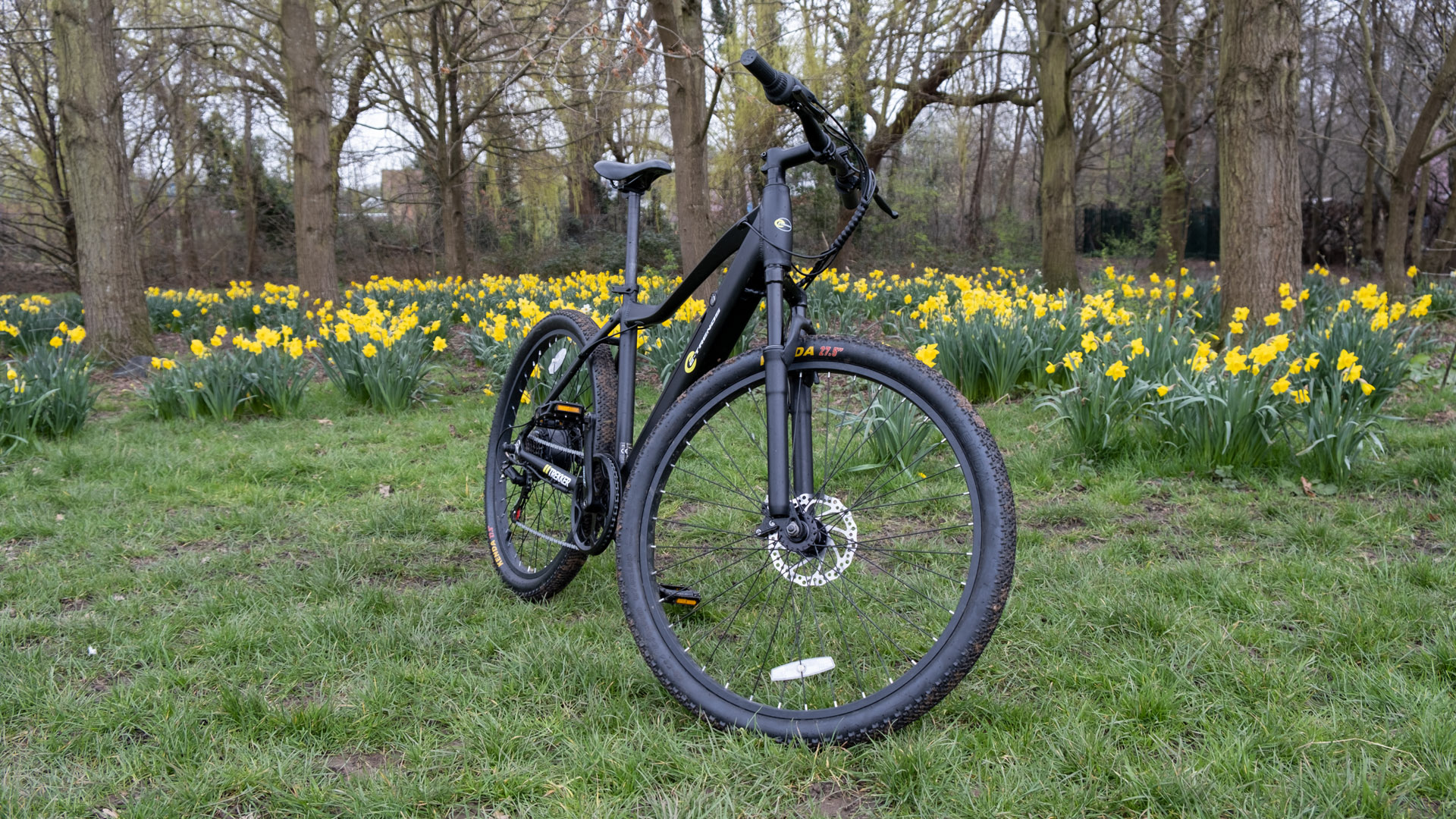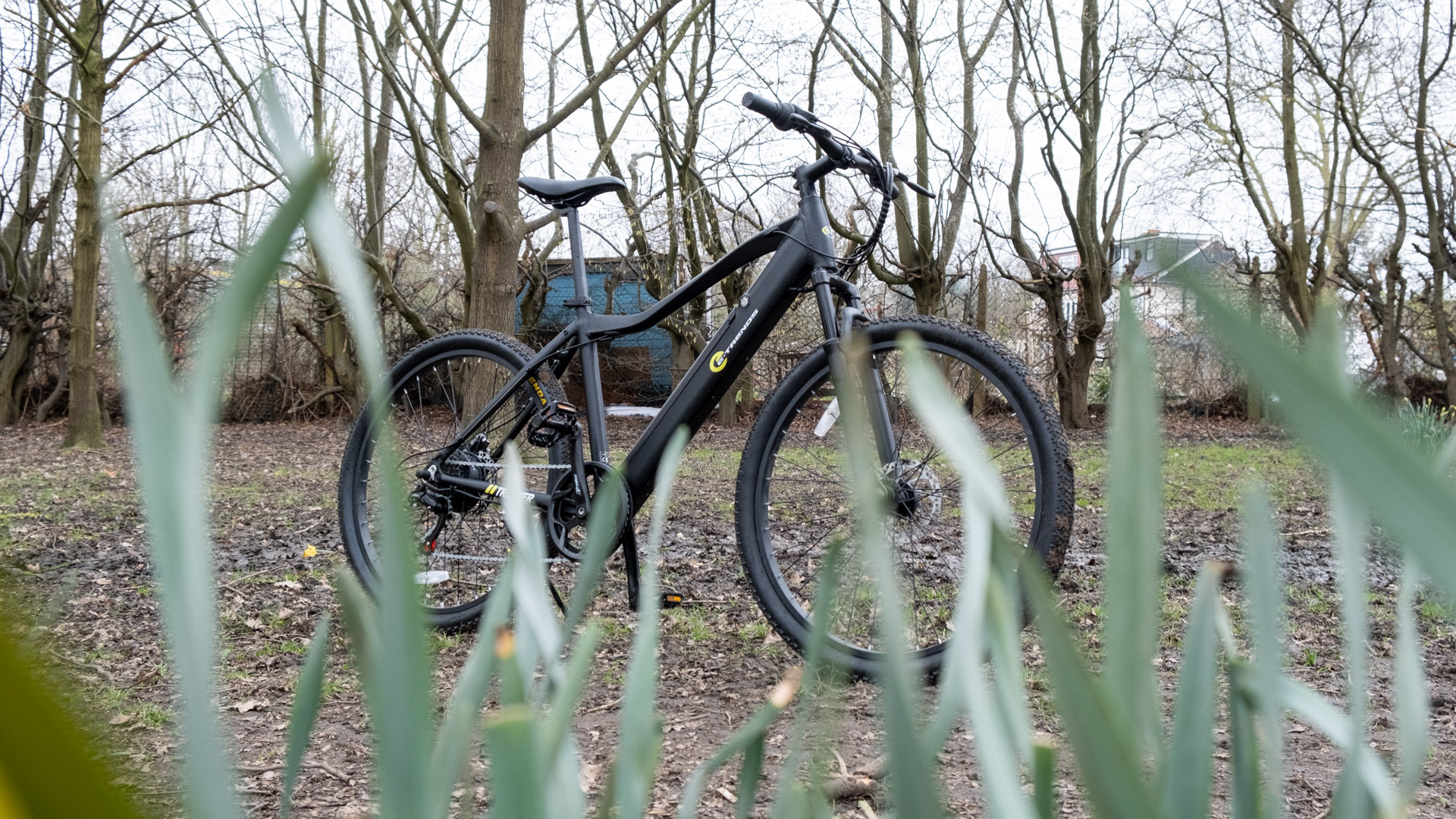We’re always looking for new ways to save, whether that be the environment, our money, or our time. But as we rush about our day-to-day schedule, there is one aspect of our working routines that we neglect. Between home and work, the daily commute can appear insignificant.
It’s been a difficult year. The working experience has changed. Working from home and furlough have defined the professional year. Meanwhile, people have begun to appreciate the cost of living and environmental impacts. The everyday commute is playing a significant role in all this.
The growing innovation of electric bikes has inspired commuters everywhere. But in their novelty, only a few know of their true utility in comparison to other commuting methods. Family-owned bikes sales company Leisure Lakes Bikes has collated this information. This data reveals the true cost of running an electric bike compared to other commuting methods – and it exposes some interesting results.
Read next: E-Trends Trekker Review: An all-purpose e-Bike?
The (not so) incredible journey
Of course, everyone has a different commute. Some people work a short walk from their house. Others travel the breadths of regions to get to their desk. Fortunately, the average commute is far more mundane. According to the latest UK Government figures, the average commute is only 8.8 miles. The e-bike data covers a lot of ground. It compares the running cost, journey time, and CO2 consumption of a variety of journeys. From one-mile jaunts to 40-mile round trips, the data accounts for most commutes.
To make matters more exciting, we’ll even suggest how your time and money can be put to good use. Who knew that e-bike savings could go towards 129 pints of lager?
Read next: Getting to grips with the Highway Code
Saving CO2 and money
Perhaps unsurprisingly, the data found that higher CO2 consumption is reflected in the cost of transport. The cost of energy is perhaps the biggest factor in this. In this instance, cars, buses, and trains not only contributed more emissions into the environment but also cost a considerable amount more than running an electric bicycle.
For example, the average car which completes 20-mile-long commutes will contribute 4.1 tonnes of carbon emission to the atmosphere. Further to this, the cost of petrol means the motorists will pay out around £1,422 per year on fuel alone.
Only trains are more expensive, costing £3,032 every year for the same distance journey. However, a passenger will only contribute 0.54 tonnes of emissions using this transport. Comparatively, the same journey on the bus will cost £1,596 every year but contribute 1.15 tonnes of CO2 emissions.
Buy a phone mount on Amazon (Affiliate)
In the case of cost and sustainability, e-bikes ride ahead of the competition. The cost of electricity on this 20-mile journey costs only £912 every year and contributes just 0.04 tonnes of carbon emissions.
There are saving to be made for most journeys by switching to an e-bike. For workers who only have to travel one mile to work, an e-bike could save up to £684 as opposed to using a train. This saving is the equivalent of 1,140 bars of Dairy Milk chocolate. Although, this may not fit in with a new-found healthy lifestyle.
Unfortunately, when it comes to saving time, the e-bike can fall behind these powered transport options. On a ten-mile commute, an e-bike may take 40 minutes to travel. But a car would take 21 minutes and the train would take 19 minutes. Only a bus is slower, taking 46 minutes on average to travel ten miles.
However, when considering that an e-bike can take you right to your office door and deliver your dose of exercise for the day, the convenience is not to be doubted.
Read next: Sunra Robo-S review: A stylish all-electric scooter
Time for change
Your commute may already be the most environmentally friendly. Riding a normal bike and walking do not contribute to any carbon emissions. Of course, they also cost nothing to run. But their downside is that these commuting methods take a lot longer.
If you live five miles away from work, you’ll need to spare 166 minutes of your day to walk to and from work. On a bike, this would be only 46 minutes. But on an e-bike, you’d be making tracks in around 40 minutes. Switching from walking to an e-bike could save two hours of your day for a relatively short commute. Over the course of a year, switching from walking to an e-bike could save you 10,488 minutes. Our estimates suggest you could read 17 books in this time.
There is only a small difference between normal bikes and e-bikes here. But for longer commutes, the savings are apparent. If you complete a 20-mile commute every working day for a year, switching from a bicycle to an e-bike could save you 46,948 minutes. This is the equivalent of over 32 days. Making a simple switch could save you over a month of time over the course of a year.
Read next: Jeep Renegade 4xe review: The best hybrid 4×4?
There are savings to be made in every department when switching to an e-bike. The cost, speed, and limited environmental impact of the e-bike mean that it is now a serious contender in the eyes of commuters. Whether you’re looking for some extra money to spare or more time to spend doing your favourite things, the e-bike may be just the tool to change your life.








